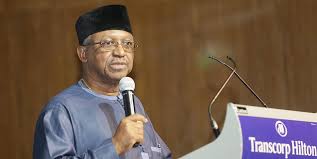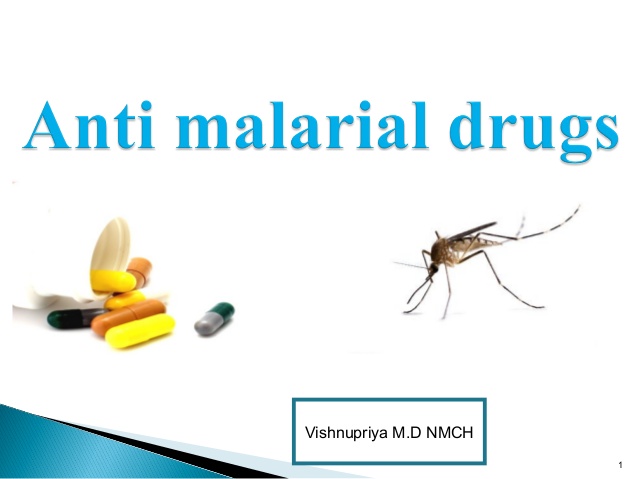Verbal Autopsy On Strange Deaths In Kano Links 60 % To COVID-19
Verbal autopsy on the unexplained deaths in Kano which occurred in April 2020 had revealed that between 50-60% of the deaths may have been triggered by or due to COVID-19, in the face of preexisting ailments.
Report of the Ministerial Task Team that went to Kano, to support the COVID-19 response confirmed from graveyard records, that a total of 979 deaths were recorded in 8 municipal LGA in the state at a rate of 43 deaths per day, with a peak in the second week of April.
Minister of Health, Dr Osagie Ehanire who disclosed this at the daily Press conference by the Presidential Taskforce on COVID-19 in Abuja, noted that while over 150 health workers had been infected at the time of their arrival of the team, there was no report of infection among health workers who had received training on infection prevention and control, thus restoring confidence.
Ehanire observed that the report also revealed that about 56% of deaths had occurred at home while 38% were in a hospital adding that by the beginning of May, the death rate had reduced to the 11 deaths per day it used to be.
He said, “With circumstantial evidence as all to go by, investigation suggests Most fatalities were over 65 years of age. The intervention of the ministerial task force has been a game-changer for Kano and some northern States. With the observations and recommendations from the three-week assignment, the committee developed a Strategic Incident Action Plan to strengthen the coordination capacity of the health workers and improve community engagement in line with our response plan”.
The minister noted that Management of infected cases is being reviewed and improved, with revised Clinical Guidelines to be published in accordance with the learnings and evolving dynamics associated with COVID-19 and global best practices.
This, according to the Minister includes new discharge protocols, the treatment regimen for asymptomatic or symptomatic cases with various clinical conditions.
“Home care is something like the last card, and not for those who are very sick but for persons who are not showing. The real hospital bed will be reserved for those that are sick. We continue to collaborate with States and the FCT with regard to their management of cases with the provision of commodities, training and other technical support where needed, he added.
Ehanire stated that since the entry into the community transmission phase, the government have begun more aggressive tracking and testing and increased the laboratory network capacity from 5 to presently 30 molecular laboratories, with a plan for at least one laboratory in every state. This way, turnaround time is reduced to a minimum and case finding and management will run smoothly.
In his remarks, Director General of the Nigeria Centre for Disease Control (NCDC), Dr Chikwe Ihekweazu said that focus over the next few weeks would be on states adding that the center will build the network around State Epidemiologists and support them to be able to do the work. We will not leave the country with the kind of health security architecture that we met. Equip them with skills, resources.





